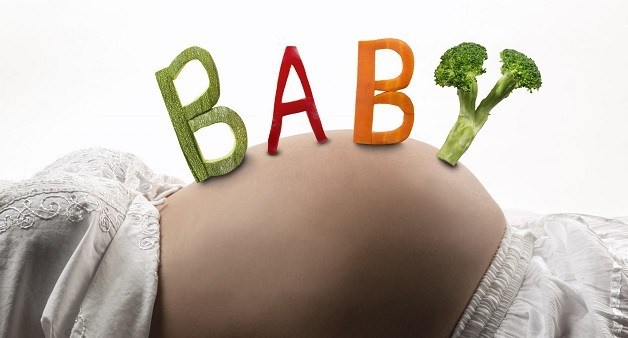We have always talked about the importance of prenatal nutrition but we still do not appreciate the magnitude of the […]

We have always talked about the importance of prenatal nutrition but we still do not appreciate the magnitude of the […]